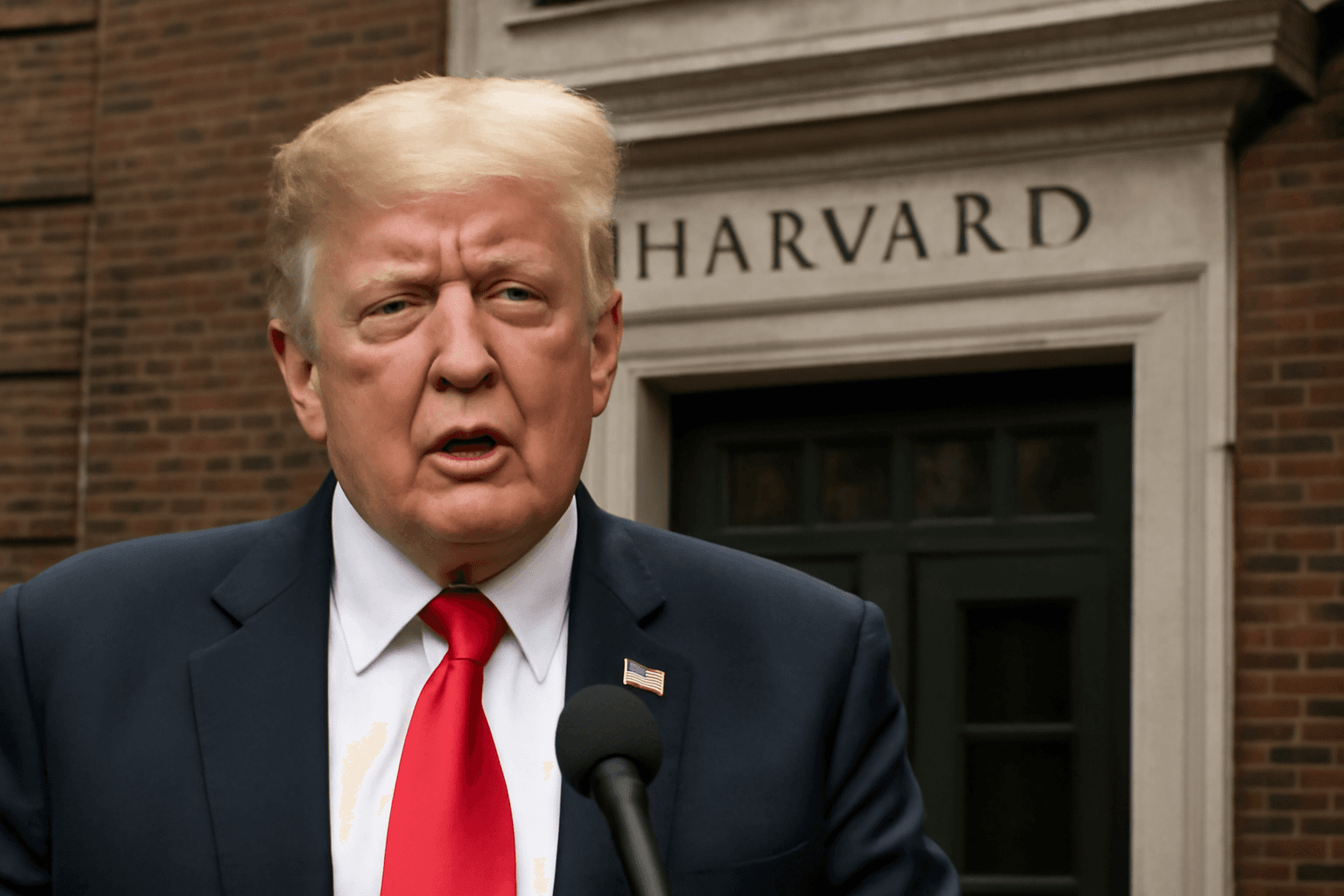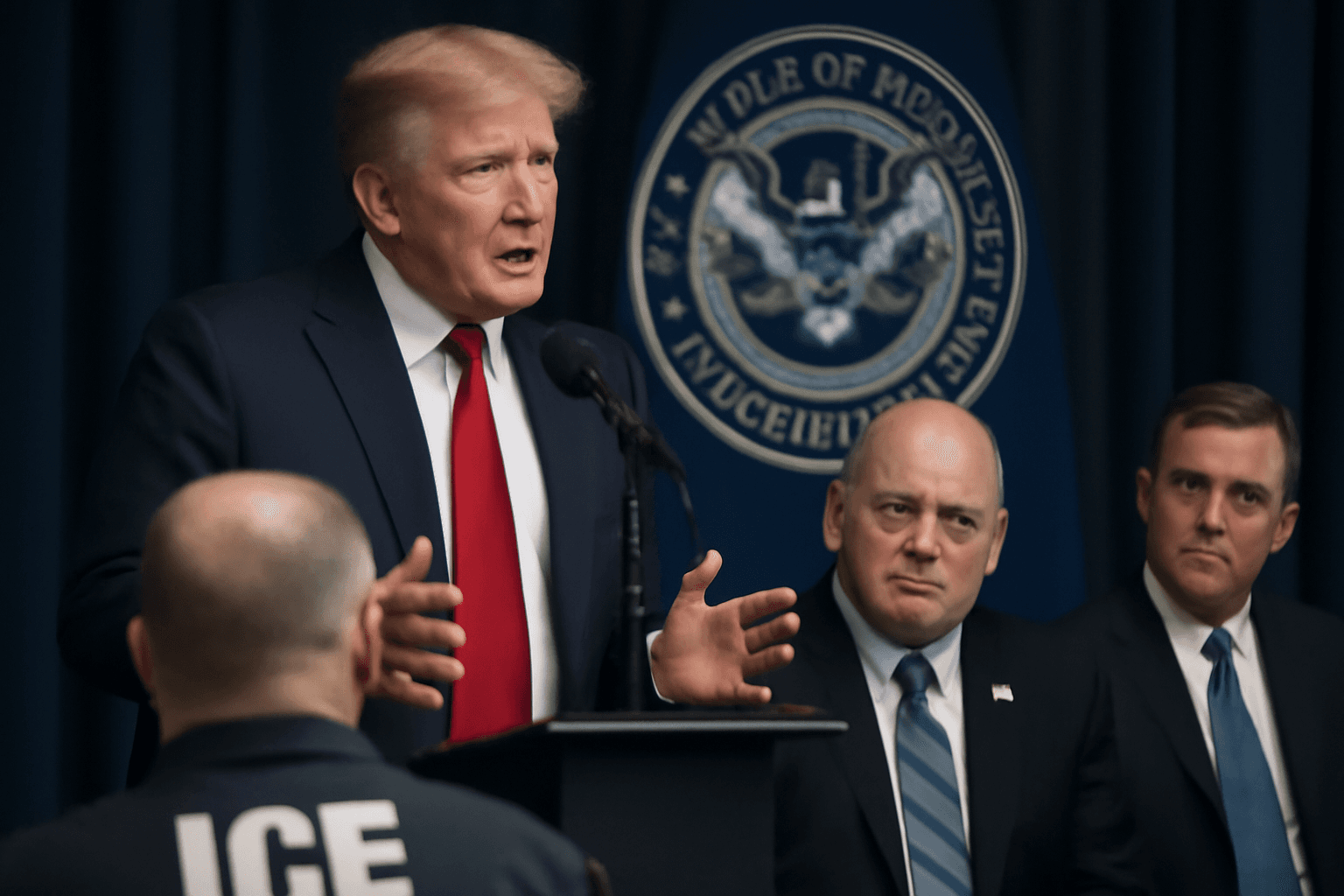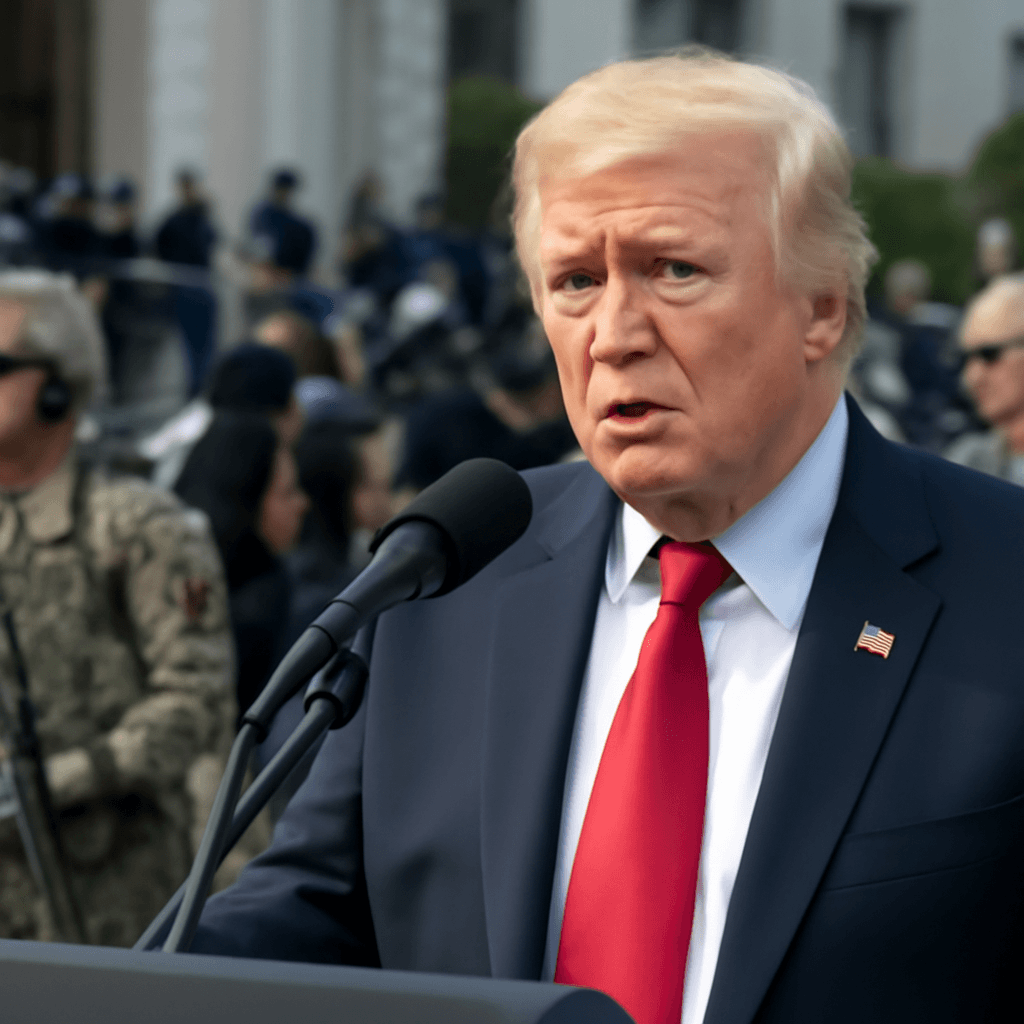European Businesses Reconsider U.S. Travel Due to Strict Border Policies
Several European companies are reassessing their travel protocols to the United States following increased scrutiny and evolving border control policies. While many business trips proceed unhindered, concerns about aggressive immigration checks have led some firms to advise caution for employees traveling to the U.S.
Travel Adjustments and Safety Measures
In response to intensified border enforcement, some organizations have implemented new travel guidelines. Measures include instructing employees to carry electronic devices cleared of prior communications and recommending entry into the U.S. through Canada to mitigate potential delays or complications.
There is also a growing trend toward virtual participation in U.S.-based conferences and events to avoid unnecessary travel risks and visa issues.
Impact on Business Travel and Economy
Business travel is vital to the U.S. economy, generating substantial revenue and supporting millions of jobs. Key facts include:
- $421 billion spent in business travel in 2022.
- 429.9 million business trips recorded that year.
- Approximately 6 million jobs supported by the sector.
Moreover, the aviation industry benefits significantly from business travelers, accounting for 50% to 75% of airline profits in many cases.
However, a recent survey revealed that nearly 29% of global travel buyers anticipate a decline in business travel volume for 2025 attributable to U.S. border policies and trade concerns. This expected downturn could reduce spending by an estimated $12.5 billion.
Heightened Anxiety Over U.S. Entry and Immigration Policies
Since early 2017, border control and visa regulations have become increasingly sensitive issues, with enhanced screening and monitoring protocols enforced uniformly. Reports of prolonged detentions and deportations—even with valid documentation—have amplified apprehensions among international travelers.
New initiatives such as the “Catch and Revoke” policy revoke visa status after a single legal infraction regardless of severity, amplifying uncertainty. Additionally, greater scrutiny of social media and digital footprints have intensified surveillance on incoming travelers.
Perspectives from European Travelers
A European fund manager shared concerns about changing attitudes at U.S. airports, noting, “Business travel on an ESTA visa is no longer what it used to be.”
Similarly, an international non-governmental organization headquartered in London has developed stringent travel protocols encompassing physical and information security. These include using dedicated devices for trips and preparing staff for rigorous questioning about their travel intentions or online activities.
Notably, these security considerations resemble protocols typically reserved for travel to autocratic nations, revealing a significant shift in perception toward U.S. border controls.
Impact on Academic and Professional Exchanges
An academic researcher based in Switzerland noted that colleagues are advised to enter the U.S. via Canada or attend conferences virtually when possible. While some academic travel continues without incident, others report longer interrogations or have opted out of summer programs due to visa uncertainties, with visiting scholar initiatives increasingly delayed or paused.
Facing Uncertainty and Balancing Risk
Industry experts acknowledge there is a delicate balance between precaution and overreaction. While some concerns may stem from exaggerated perceptions, the prevailing atmosphere of unpredictability influences travel planning and corporate policies worldwide.
Organizations are increasingly prioritizing employee welfare and preparedness in navigating evolving regulations, recognizing the potential for substantive policy enforcement beyond mere rhetoric.


















